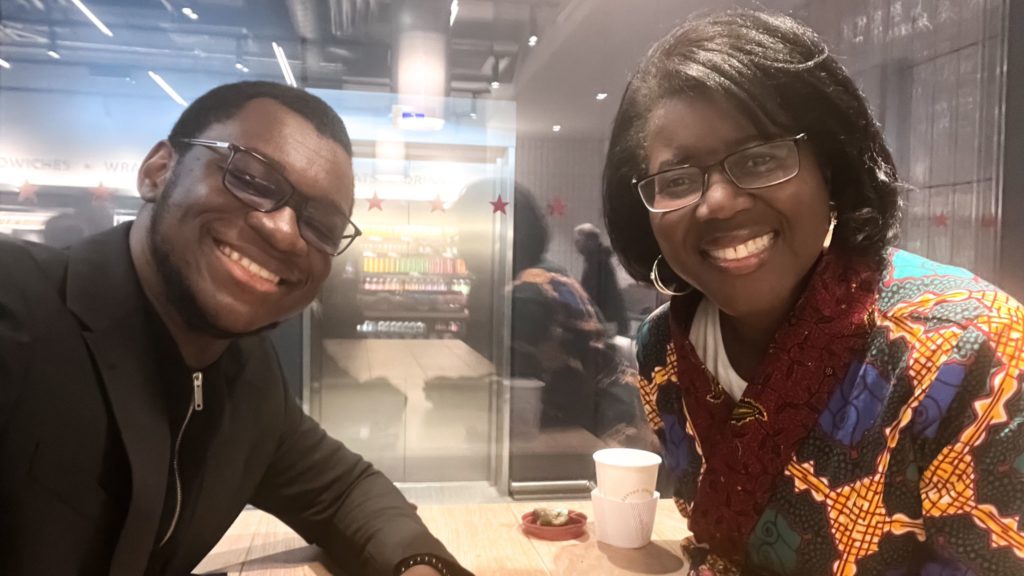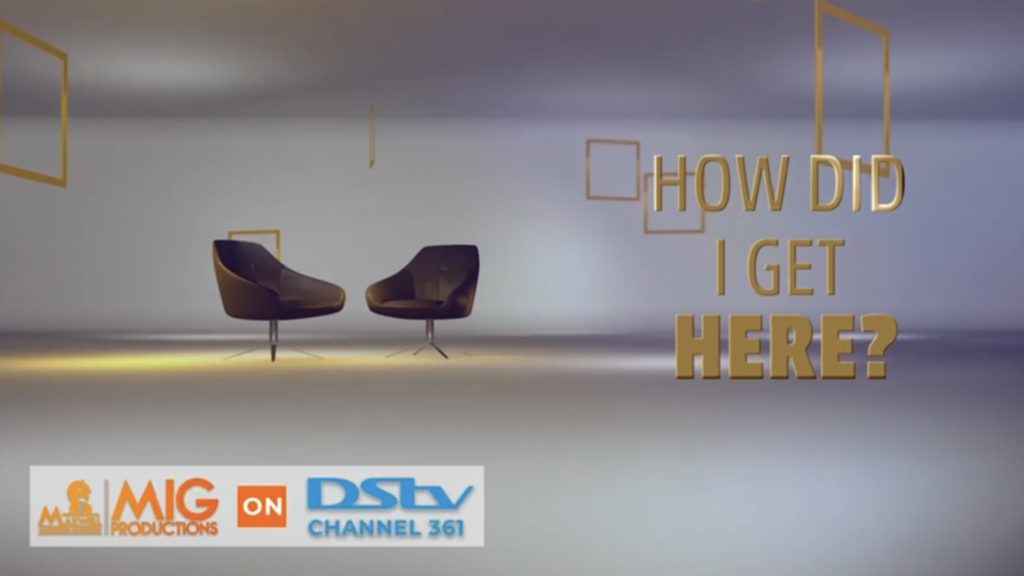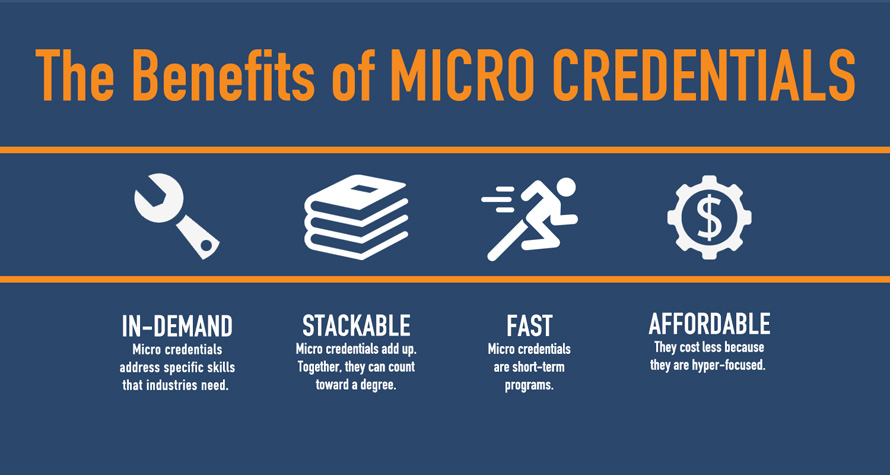‘There Are No Limits’, with Otema Yirenkyi: Embracing ‘No Limitations’ On Your Career Journey
In the ever-evolving tech industry, some trailblazers transcend conventional boundaries and carve their paths to unprecedented success. One such exceptional individual is Otema Yirenkyi, Area Vice President for Salesforce, whose unwavering pursuit of excellence has propelled her to soaring heights. As the host of the ‘Entrepreneur In You’ Video Podcast Series and also an ardent admirer of Otema Yirenkyi’s awe-inspiring journey, I had the honour of witnessing the unfolding chapters of her extraordinary adventure in the tech industry as we discussed various subjects matters on one of the episodes this month of May. Within our discussions, I had the opportunity to delve into the depths of Otema’s visionary mindset and uncover the wellspring of her purpose. The feature was specially designed out of the many to empower you with the full potential for you to recognise the boundaries you have and, most accurately, the ones you do not have. First, and little background here: I watched this podcast episode titled “Techforce in Africa: The Not-So Glass Ceiling, Discussing Women in Tech”. On this Podcast, Otema Yirenkyi was asked about the best career advice she’s ever received. She said, “there are no limits… there are no limits.” That blew my mind, the question of how she came about that. This inspired me to invite her for a feature on the ‘Entrepreneur In You’ Video Podcast Series to share with the world and with you her empowering mantra: “There Are No Limits”. This profound declaration has become the catalyst behind her remarkable career. On the podcast, we delve deep into Otema’s extraordinary journey, exploring the strategies she employed to cultivate a mindset of boundless potential and the profound impact it has had on her trajectory in the tech industry. I had the opportunity to delve into Otema Yirenkyi’s multifaceted personality and explore the facets that make her a “versatilist”. Otema’s choice of “versatilist” to describe herself resonated, encapsulating her ability to navigate various realms and excel in diverse pursuits. Being a versatilist means embodying versatility and having a wide range of experiences. Otema’s journey exemplifies this in every aspect. Her passion for the tech industry has propelled her to explore different facets of the field. In addition, Otema’s ability to seamlessly transition between roles and adapt to new challenges showcases her innate versatility, constantly pushing the boundaries of her capabilities. During our discussion, Otema candidly revealed her introverted nature, which may surprise those who witness her dynamic presence and extensive accomplishments. Her introverted nature is a source of strength, allowing her to delve into her thoughts, tap into her creativity, and emerge with groundbreaking ideas. When I inquired about her favourite time of the day, Otema’s response highlighted her commitment to productivity and seizing the early hours. Mornings serve as her launching pad for the day, providing her with a sense of purpose and an opportunity to set the tone for what lies ahead. Otema’s affinity for mornings reflects her drive to make the most of each day, as she understands the significance of starting early and harnessing the productive energy that the early hours bring. Amidst our conversation, Otema graciously shared one of her favourite quotes that point to her unwavering belief in the power of possibilities. “I Dwell In Possibility” by Emily Dickinson resonates deeply with her, serving as a guide throughout her journey. Otema embarked on a reflective journey of self-discovery prompted by a significant moment of introspection. She questioned her chosen career path, realising that her initial desire to pursue law had been driven by external pressures rather than genuine passion. Engaging in deep self-reflection, she confronted the fundamental question: “What defines me?” This process allowed her to clarify her ambitions and set the stage for her remarkable personal transformation. Otema vividly recalls a pivotal moment in her career when she first embraced the transformative mindset of limitless possibilities. She reminisced about a conversation with her mentor when she decided not to pursue law school. Uncertain about her next steps, her mentor imparted profound advice: “There are no limits. Go out there and be great at what you believe you can do.” These words resonated deeply within Otema, igniting a fire of determination and courage. Driven by a desire to work with the United Nations (UN), Otema embarked on a journey of research and self-discovery. She meticulously studied the organisation she aspired to join, the UNIFEM (United Nations Development Fund for Women). She discovered that the head of the organisation was working with a volunteer group. Recognising the value of access, Otema wasted no time signing up as a volunteer, actively participating in their events, and gaining valuable insights into the industry. With newfound knowledge and the art of networking, Otema mustered the courage to approach the individuals she admired and expressed her interest in learning from their experiences. To her astonishment, they revealed that internship opportunities at the UN were on the horizon. What initially seemed like an unattainable dream had now transformed into a tangible possibility. Otema attributes her success to diligent research, cultivating meaningful connections, and giving back through volunteer work. Otema has developed strategies to cultivate and maintain the empowering mindset that there are no limits. She believes in the power of introspection and regularly employs interrogative pronouns to guide her self-reflection and decision-making processes. The first question Otema encourages others to ask themselves is, “Who are you?” Then, individuals can align their goals with their authentic selves by delving deep into one’s true identity and understanding personal motivations and aspirations. Otema emphasises the importance of acknowledging whether the drivers of success stem from genuine desires or external influences. The following interrogative pronoun she utilises is “What.” Otema prompts individuals to identify what they genuinely want to do. By connecting with their passions and innate talents, they can discover their true calling and embark on a path that resonates with their authentic selves. The question of “When” is also crucial in Otema’s framework. She encourages individuals to define their desired timeline for achieving




